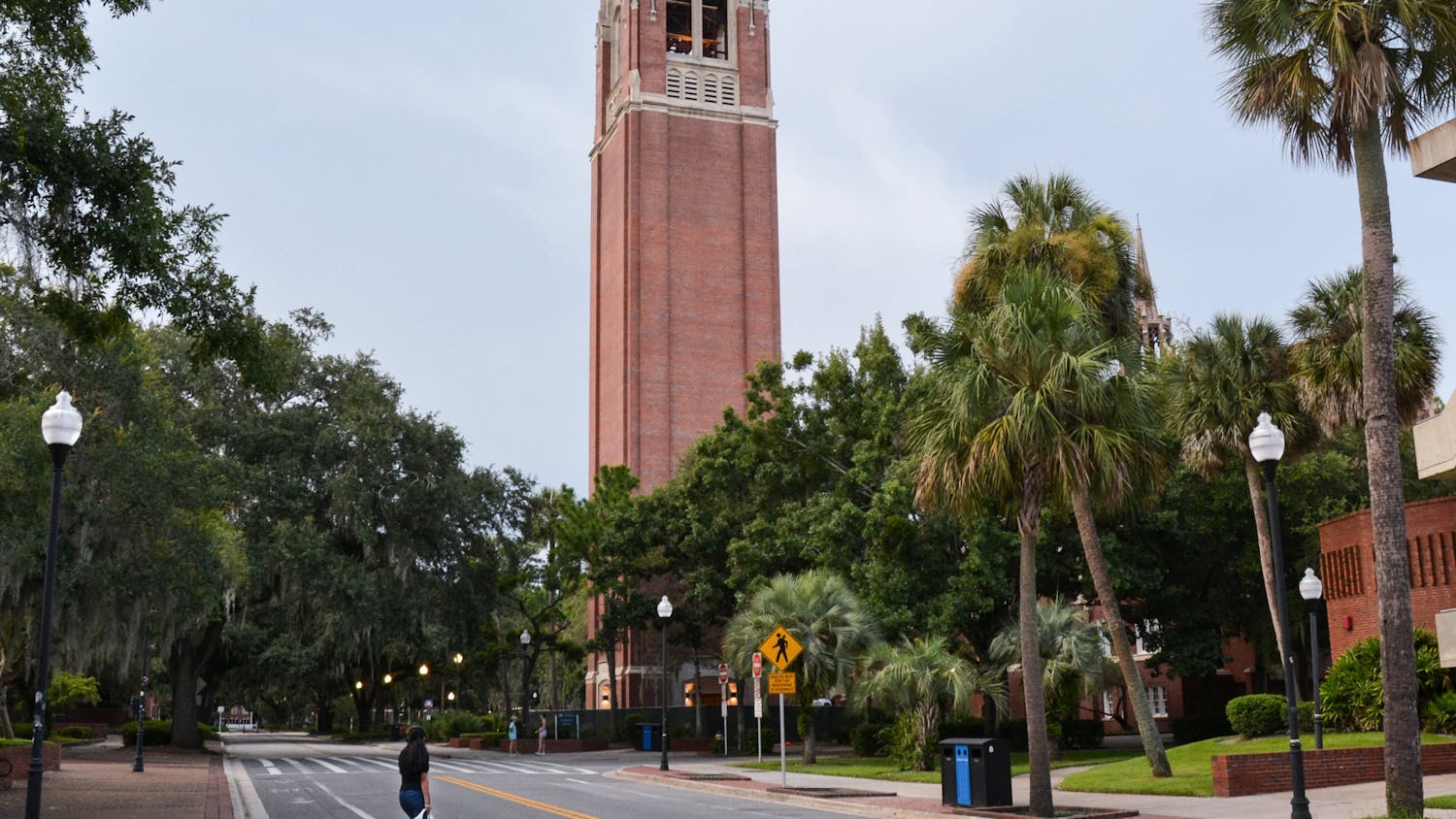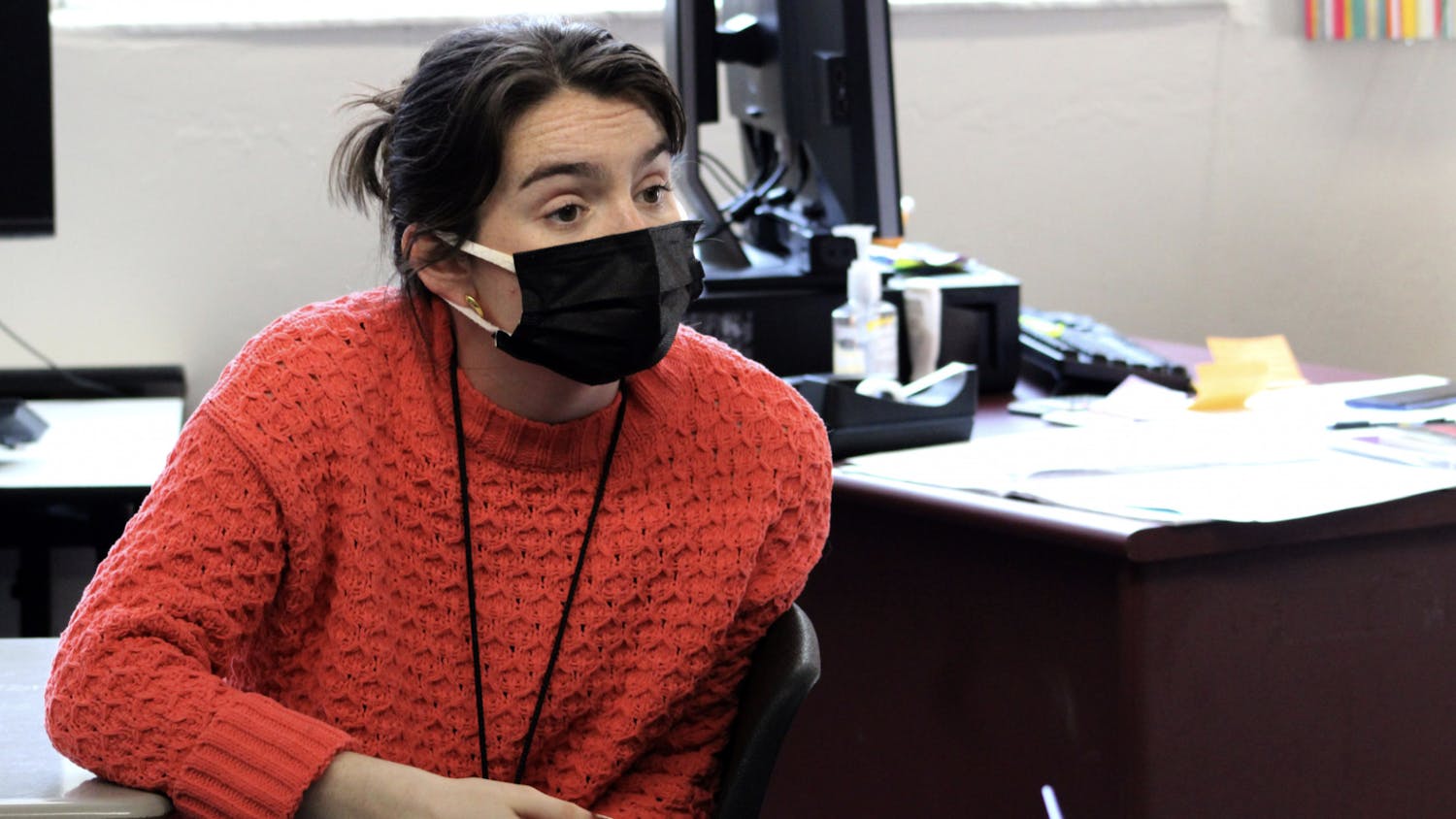The stench of a spoiled economy, rotten gas prices and oil-contaminated fish is emanating from the Gulf of Mexico.
But there’s good news.
One of those scents will help the seafood and fishing industries recover, according to UF food science researcher Steve Otwell.
As oil continues to spill after the Deepwater Horizon oil rig explosion April 20, fishing in the Gulf is mostly halted until proper seafood inspection takes place, Otwell said.
However, Otwell is preparing a program that trains government officials to inspect seafood quicker and cheaper by identifying the smell of oil contamination, he said.
“One of the interesting things is these scents are very potent, and that’s a good thing,” Otwell said. “That way you can detect contamination with the nose instead of having to guess. The sensory can be a very good safety measure, but some people can smell better than others. We’re training experts to screen the product. We want the best noses involved.”
Hundreds of people at UF and other universities will begin training in mid-June, Otwell said.
According to a press release, training will last four days.
Screeners stationed along the coast will be the first line of defense against contaminated seafood, he said. If seafood passes their judgment, then it will go on to the state and federal inspection levels.
“I think it’s going to help the industry,” Otwell said. “It will eventually get the fisheries open. It will build public confidence that we do have some measures to protect them, and we’ll have people right on site doing everything they can.”
The oil spill is scary for local seafood businesses, according to Justin Griffin, an operating partner at Harry’s Seafood Bar and Grille on Southeast First Street.
“Even if we’re not sourcing from the Gulf of Mexico on certain items, those who are will re-source from other areas of the world, and it affects the pricing for everyone,” Griffin said. “It’s a scary thing, but we’re going to buy as smartly as possible and get our prices locked in as quickly as we can.”
The restaurant is no longer offering oysters, which it gets from the Gulf, because the supplier had to suspend operation due to contamination, Griffin said.
Fisheries near the Gulf are being shut down, but Otwell’s inspection methods should open up several fisheries, he said.
Although the spill affects the price of seafood, the industry should return to normal after a few months, Griffin said
“If people remain level-headed, treat the event as it is and see that people in our industry are wise and taking precautions against serving contaminated seafood, this shouldn’t be too big of an issue,” Griffin said. “There are plenty of other places to go find fish.”





